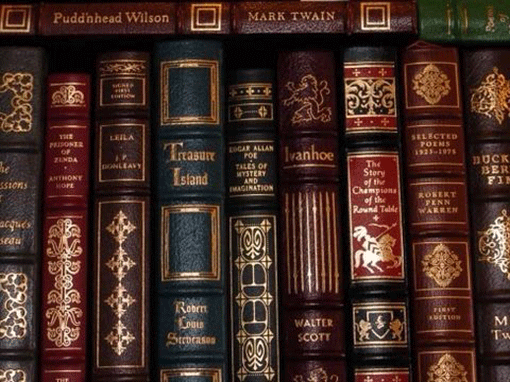
In the modern world, classic literature and its enthusiasts have garnered a reputation for snobbery and pretentiousness. This can make it an intimidating space for young people, particularly those who don’t conceive themselves as “intellectuals”. However, classic literature is a marvelous world full of approachable and digestible novels that anyone can immediately enjoy. Additionally, classics are almost universally rich and meaningful, which can increase the reward for readers. This article will outline some of the best of the genre, from easiest to read to more challenging.
The Stranger by Albert Camus- The Stranger is a novella, published in 1942, which follows Mersault, a French man who lives in Northern Algeria, which was under French colonial rule. The book begins with the iconic opening line, “Maman died today. Or yesterday, I don’t know”. This immediately establishes Mersault’s indifference and ambivalence, which becomes the core component of the novel. Mersault continues to show little care towards others and the world around him, and eventually commits a serious crime out of mere discomfort in the situation. During the process of being tried for said crime, he has a revelation about his existential conditions, where he acts as a mouthpiece for many of Camus’s own ideas and beliefs. Despite the novel being only ~100 pages long, it is a philosophically rich read and a compelling narrative to boot.
The Death of Ivan Ilyich by Leo Tolstoy – This novella offers a perfect introduction to Russian literature, which contains many of the most celebrated literary works. The story follows the titular Ivan Illyich, a bourgeois judge who falls seriously ill. He is surrounded by all the elements of a typical upper class life but has no real friends and a wife he married out of social obligation. As his condition worsens, he grapples with his own mortality. He realizes his life has been superficial and devoid of value and tries to justify his life with his days ticking down. On his deathbed, he has a revelation and dies a peaceful death. The novella tackles all the usual Russian themes of existential meaning but also being much more approachable due to Tolstoy’s more prosaic writing style and his brevity. This combination makes it a great introduction to Russian literature and its typical themes and narrative structure.
East of Eden by John Steinbeck- East of Eden is an epic narrative in every sense of the word. It’s an enthralling, riveting read that is also deeply important and human. John Steinbeck is a master of character and world building, and it’s never more present than in this novel. The novel has no one set storyline, but broadly revolves around two sets of brothers, both different generations of the Trask family. The story is inspired by the biblical story of Cain and Abel(hence the biblical reference in the title), in which Cain kills Abel. The story follows multiple generations and different families across different settings, and is a multifaceted, sprawling masterpiece. This book is also very neatly written which makes the ~650 pages fly by, with absolutely no lulls or superfluous side plots. It is also extraordinarily evocative and poignant, with no lack of twists and heartbreaking, tearjerking moments. However, the novel has a
The Brothers Karamazov by Fyodor Dostoevsky- The length of this novel(~1000 pages) tends to scare people off, but every page is used expertly to craft not just a message, but a worldview. This novel could easily be used as a treatise on human nature and the divine despite being purely fictitious. The novel revolves around the three Karamazov brothers; The saint-like Alyosha, hot headed and impulsive Dmitry, and intellectual atheist type Ivan. They all have their own unique journeys but are all brought together by their father’s murder, in which Dmitry is suspected. The novel has a lot of sideplots and side characters, which could make it feel disjointed and unfocused, but are all deeply memorable and connect to the message of the novel in a much more direct way than they might seem at first glance. This novel is very Christian and makes no attempt to hide that, but atheists still have a lot to glean from it through its analysis on society and humanity as a whole. This novel is also wonderfully written, with poetic writing galore and intricately constructed sentences that help the novel feel much easier to read. While the novel is incredibly progressive in some of its humanistic ideas, it does show its 150 year age, particularly with regard to gender relationships and the conspicuous lack of women that are actual characters. However, overall, this novel is an incredible read for a variety of reasons and one that will make you appreciate humanity more.
If any of these appeal to you, check out your local library or bookstore and have fun reading and take it at your own pace!


